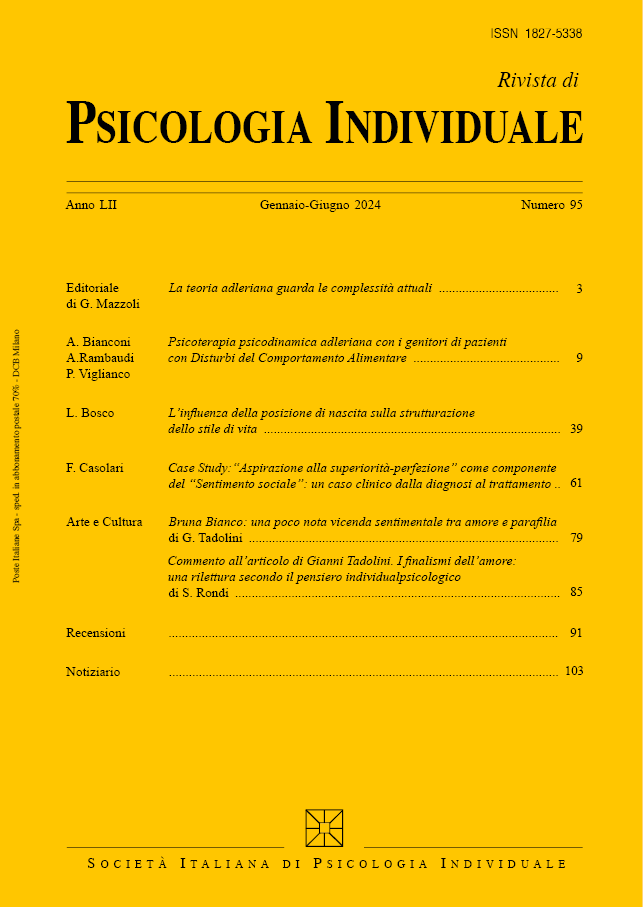Psychotherapeutic intervention in sports psychology
Keywords:
aggression, compensation, fictitious compensation, competitiveness, finalism, attitude towards life, projections, autogenic trainingAbstract
Psychological interventions in sport are generally aimed at optimizing athletic performance (autogenic training, etc.), while athletes should also be considered as individuals, often in need of real psychotherapeutic support. The choice of a sport may be made to compensate for parental frustrations, to acquire a social role, or due to fashion and media influences. The imposition of a sport, hypercompetitiveness, and obsessive training can lead to distancing oneself from it, but also to actual psychopathologies. In addition to studying the athlete's personality, the sports psychologist must also be interested in the inferiority that sport compensates for, the aggression that it manifests or controls, and its symbolic value, which is often unconscious. Sport is a pedagogical tool and improves cooperation, but it is also teleologically geared towards the pursuit of the subject's goal and reveals the position he or she takes towards life. By taking care of the person, there will also be an improvement in their sporting performance. This is demonstrated by the reported cases of a hyperactive and self-defensive 9-year-old boy, an 18-year-old who neurotically seeks fictitious compensation in sport, and a 40-year-old who uses sport to reassure himself and assert himself socially






